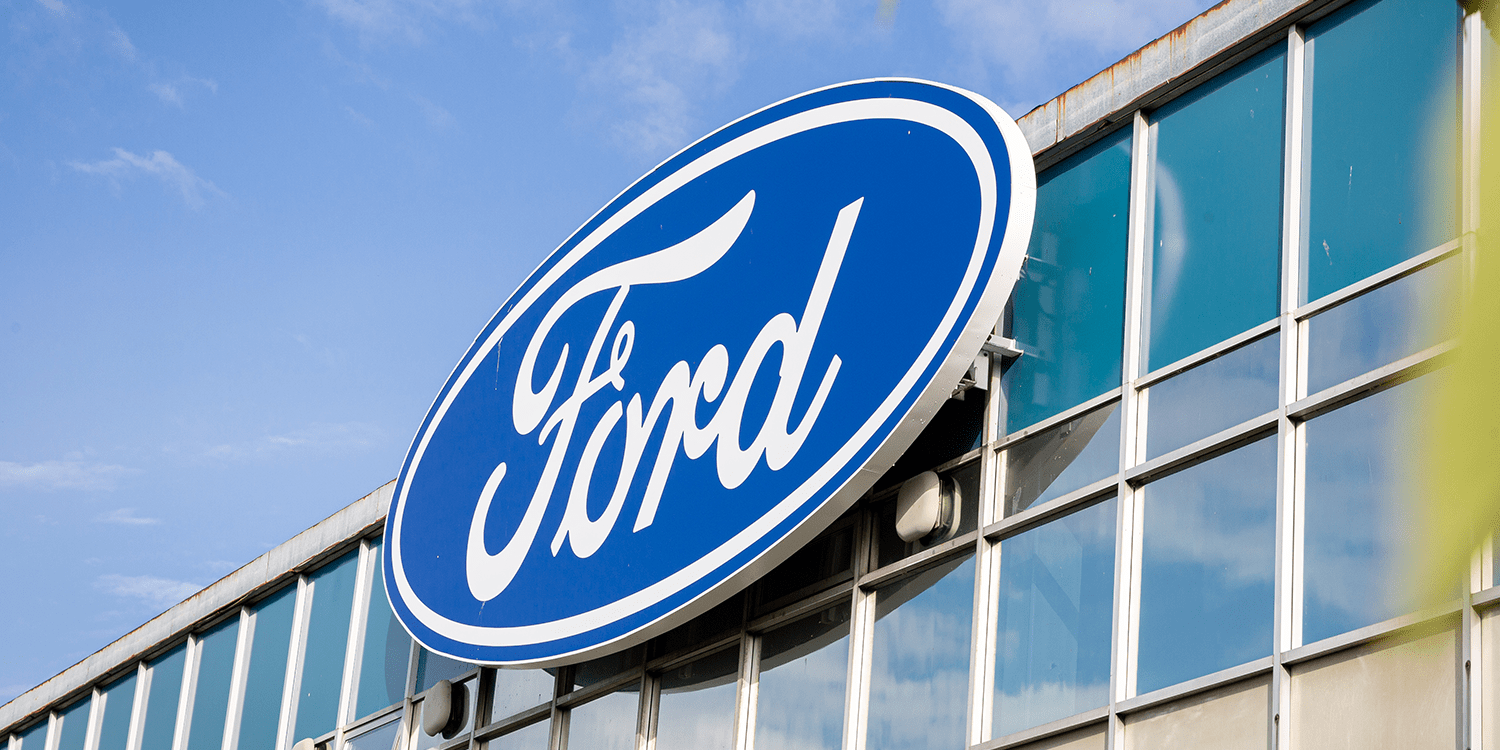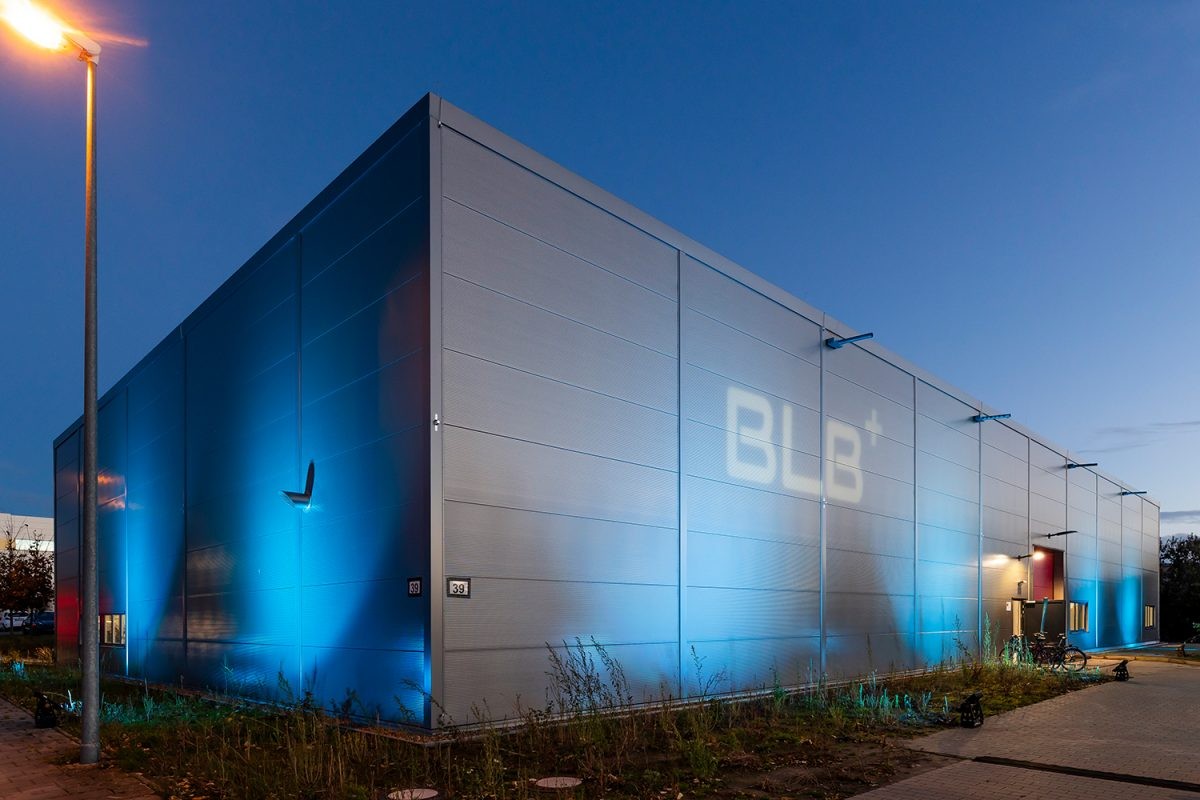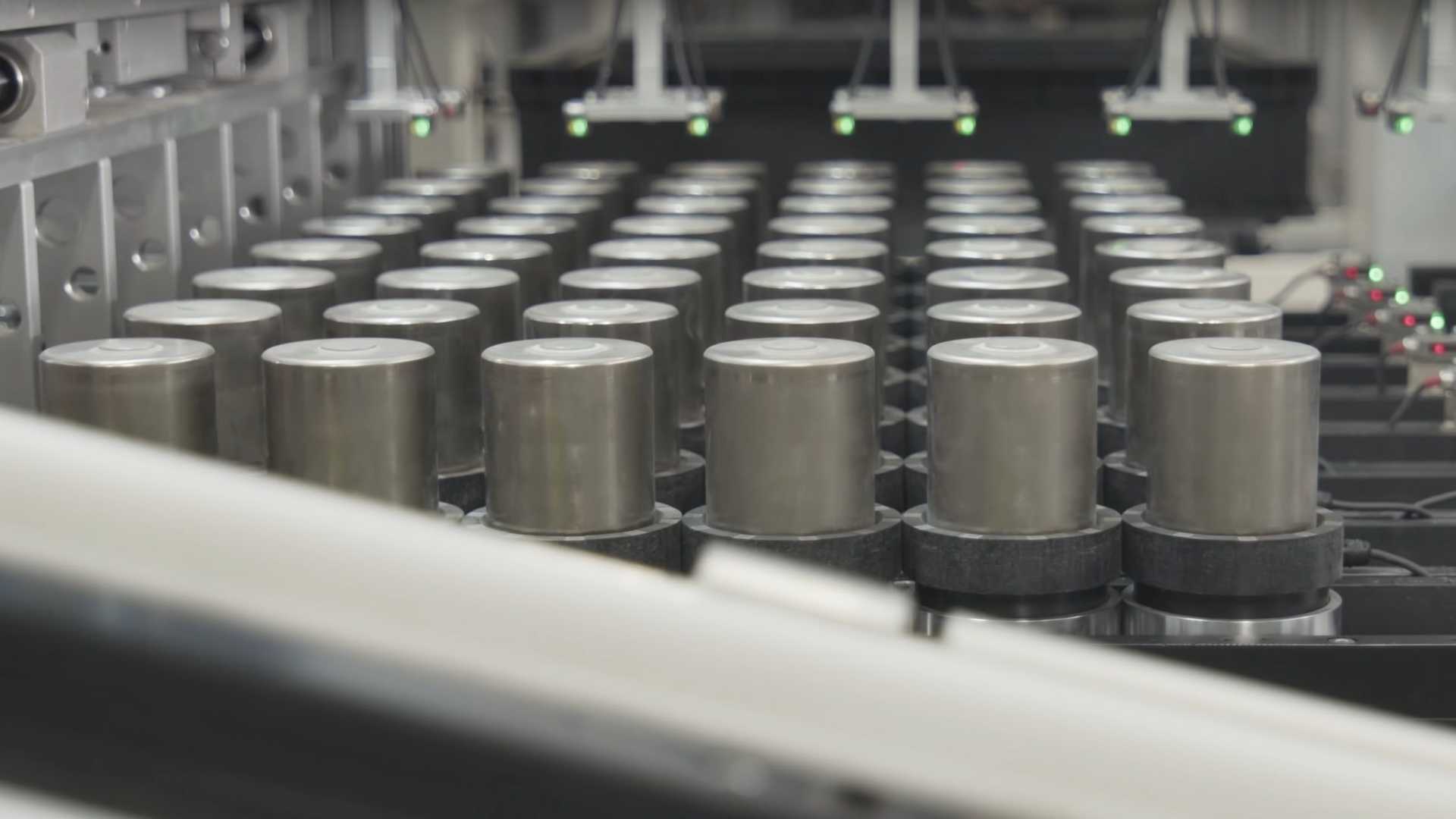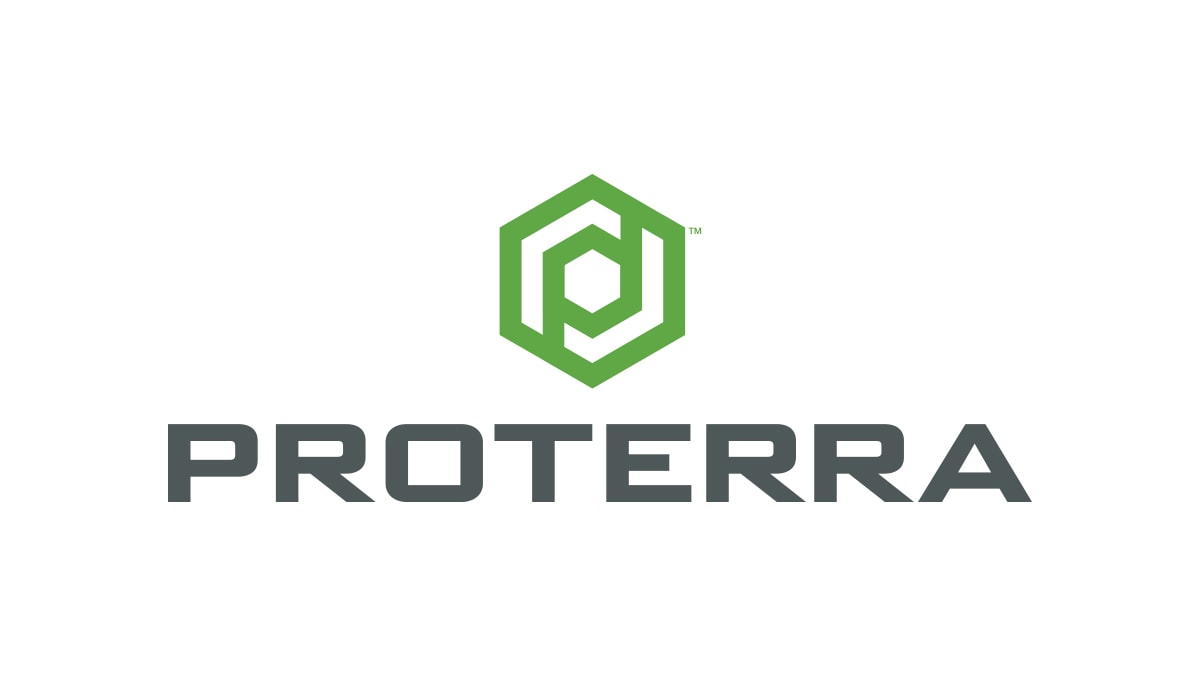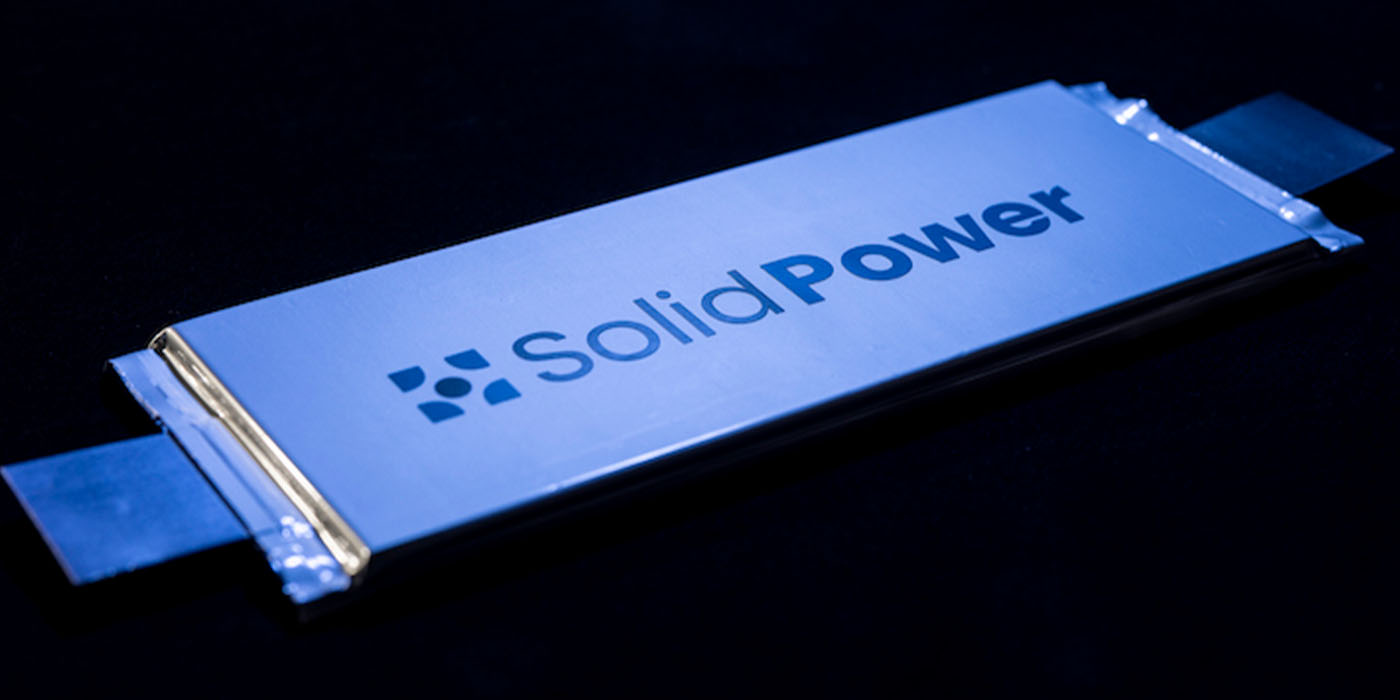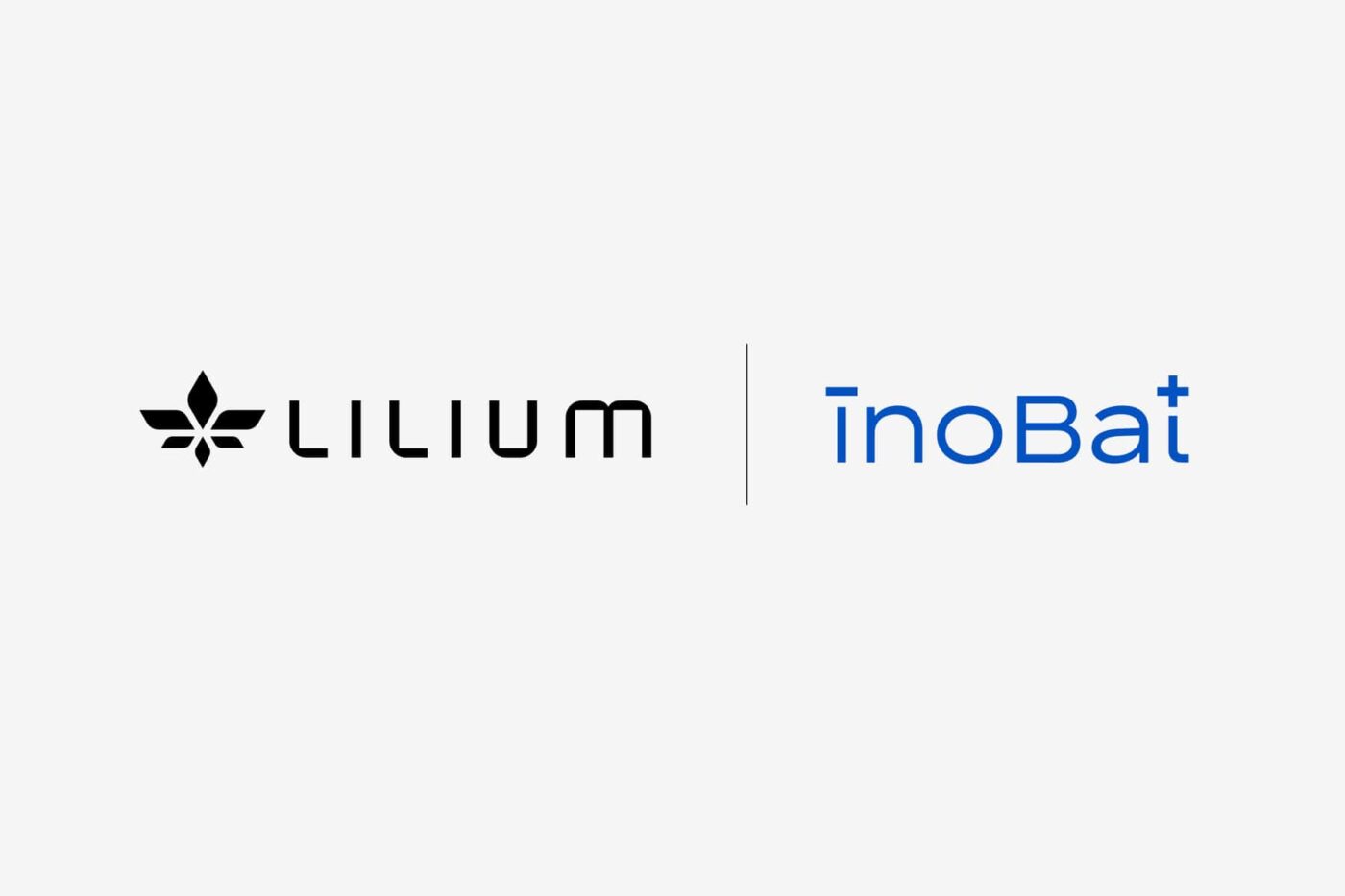South Korean battery manufacturers, LG Energy Solution Ltd. and SK On Co., are postponing their joint ventures with Ford Motor Co. due to signs of deceleration in the global electric vehicle (EV) market. The delays in these projects come in the wake of global automakers, including Ford, reevaluating their EV investment plans while remaining committed to electrification.
LG Energy Solution had initially planned to break ground on its joint venture with Ford and Turkish investment holding company KOC Holding AS in Baskent, near Ankara, by the end of this year. The joint venture aimed to produce battery cells for electric commercial vehicles with production slated to begin in 2026. However, the recent decision by Ford to reduce its EV investments, coupled with industry-wide slowdowns and local circumstances, has led to a reconsideration of the project’s timeline.
An LG Energy official stated, “Nothing has been decided concerning the construction site and the groundbreaking timing” regarding the Turkish joint venture.
Furthermore, LG Energy’s wholly owned battery factory in Poland is reportedly planning to adjust its operation rates in line with Volkswagen’s reduced EV production volume.
Ford is also delaying the launch of the second plant of its joint venture with SK On Co. in Kentucky, which was originally slated for 2026. The joint venture, known as BlueOval SK, was established to support Ford’s electric vehicle lineup, including the Ford F-150 Lightning pickup.
Once both plants are completed, they will have a combined annual production capacity of 86 gigawatt-hours (GWh) and will produce lithium-ion batteries primarily for electric Ford and Lincoln vehicles.
The postponement of these joint ventures underscores the challenges facing Korean battery manufacturers as they navigate the evolving landscape of the EV industry. LG Energy Solution, which invested 7.6 trillion won ($5.8 billion) in facility expansion in the first nine months of this year, now faces the burden of additional investment at a time when EV manufacturers are scaling back their investment plans.
SK On, which is experiencing losses in its battery business, invested 4.8 trillion won in facility expansion in the first half of the year, the largest among South Korea’s three battery makers, which also include Samsung SDI Co.
SK On’s President, Jee Dong-seob, remains optimistic, saying, “I don’t see the current situation as negative because it allows us to make the necessary preparations while taking a breather.” SK On had earlier abandoned a plan to build a 4 trillion won battery joint venture with Ford in Turkey, citing higher interest rates and borrowing costs in January.
In a recent statement, a Ford spokesperson acknowledged that EV sales were growing, but the pace of adoption was slower than initially expected by the industry, including Ford itself. This assessment reflects the challenges faced by automakers in the rapidly evolving EV market.

